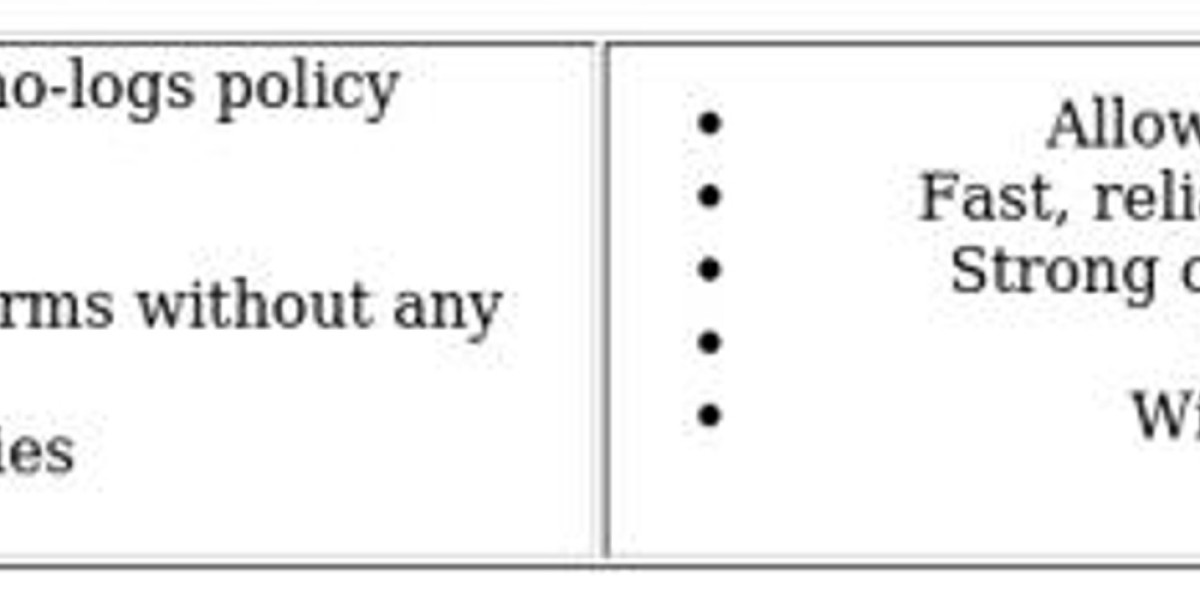In the past two decades, digital technologies have transformed nearly every aspect of our lives — from communication and shopping to education and religious practices. One of the most profound shifts has occurred in the field of Islamic education, particularly in the area of Quranic learning. Online Quran teaching has emerged as a powerful, accessible, and effective way for Muslims around the world to connect with the Holy Quran, regardless of their location, schedule, or age.
What is Online Quran Teaching?
Online Quran teaching refers to the process of learning the Quran using digital platforms, including video conferencing tools, e-learning websites, mobile apps, and specialized online Quran academies. These platforms offer personalized one-on-one or group sessions with qualified teachers (often called Qaris or Ustadhs) to teach various aspects of the Quran, such as:
Quran reading (Nazra)
Tajweed (rules of pronunciation)
Hifz (memorization)
Tafsir (exegesis and interpretation)
Arabic language basics related to Quranic text
Classes can be scheduled flexibly and often cater to learners of all levels—from beginners to advanced students.
The Importance of Quranic Education
The Quran is the central religious text of Islam, regarded by Muslims as the literal word of God revealed to Prophet Muhammad (PBUH). It serves as a spiritual guide, a source of law, and a foundation for Islamic morals and values. Learning to read, understand, and reflect upon the Quran is a fundamental part of a Muslim's spiritual journey.
However, for many Muslims—especially those living in non-Muslim majority countries or remote areas—access to qualified Quran teachers and religious institutions can be limited. Online Quran teaching has bridged this gap by bringing Islamic education to the doorstep of every household with an internet connection.
Benefits of Online Quran Teaching
1. Accessibility and Convenience
Online Quran classes can be taken from anywhere in the world. Whether you live in New York, London, Jakarta, or a small village with internet access, you can connect with a qualified teacher. This is especially important for Muslims in Western countries or isolated regions with few Islamic educational resources.
2. Flexible Scheduling
Students can schedule classes according to their availability. This is ideal for working adults, busy parents, or students who need to balance their Quranic studies with other commitments.
3. Personalized Learning
Many online Quran academies offer one-on-one sessions, ensuring that the pace and content are tailored to the individual learner’s needs and abilities.
4. Qualified Teachers
Top online platforms often employ well-trained and certified teachers from across the Muslim world, including native Arabic speakers. This means students get high-quality instruction from experienced educators.
5. Safe and Comfortable Environment
Learning from home can be more comfortable and secure, especially for children and women. Parents can monitor their children’s lessons and ensure a respectful learning environment.
6. Use of Technology
Interactive whiteboards, audio-visual aids, and digital tools help enhance the learning experience. Some platforms also provide progress tracking, homework, and exams to monitor student development.
Challenges and Considerations
While online Quran teaching offers numerous benefits, there are also challenges that learners and providers must navigate:
1. Internet Connectivity
A stable and high-speed internet connection is essential. In areas with poor connectivity, it can be difficult to maintain the quality of lessons.
2. Lack of Physical Interaction
Some learners benefit from face-to-face interaction, especially younger students who might need more engagement and physical cues for effective learning.
3. Discipline and Commitment
Online learning requires a level of self-discipline and time management. Without regular attendance and commitment, progress can be slow.
4. Teacher Verification
Not all online teachers or platforms maintain high educational standards. It’s important for parents and students to research the credentials and reviews of teachers or institutions before enrolling.
Popular Platforms for Online Quran Teaching
Many institutions and websites now specialize in online Quran teaching. Some well-known platforms include:
Quran Academy
Tarteel Academy
Learn Quran USA
Mishkah Academy
Studio Arabiya
These platforms often offer free trial classes, monthly subscription plans, and courses for both children and adults.
Tips for Choosing the Right Online Quran Teacher or Academy
Check Qualifications and Certifications
Ensure the teacher has authentic Islamic education and training in Tajweed and Hifz.Read Reviews and Testimonials
Look for feedback from past students or parents to understand the effectiveness of the program.Trial Lessons
Use trial classes to assess the teaching style, curriculum, and platform usability.Gender Preferences
Some students may prefer learning from a male or female teacher due to personal or religious reasons. Most platforms allow this choice.Curriculum and Learning Goals
Choose a program that aligns with your learning objectives—whether it's basic reading, memorization, or understanding the meaning of the Quran.
The Future of Quranic Education
Online Quran teaching is not just a temporary solution—it represents the future of Islamic education. As technology evolves, we can expect more advanced platforms incorporating AI tools, gamified learning, virtual reality classrooms, and multilingual support to enhance the Quran learning experience.
In the long term, online Quran teaching could help preserve Quranic knowledge, promote literacy in the Muslim world, and foster a global community of learners united by the love for the Book of Allah.
Conclusion
Online Quran teaching has transformed how Muslims around the globe learn and connect with the Quran. It breaks down geographical and logistical barriers, offers flexible and personalized instruction, and leverages modern technology to keep Islamic traditions alive and vibrant. Whether you're a parent seeking religious education for your child, a revert trying to understand your new faith, or someone wanting to improve their recitation, the online Quran learning ecosystem offers an inclusive and powerful way to engage with the words of Allah.








